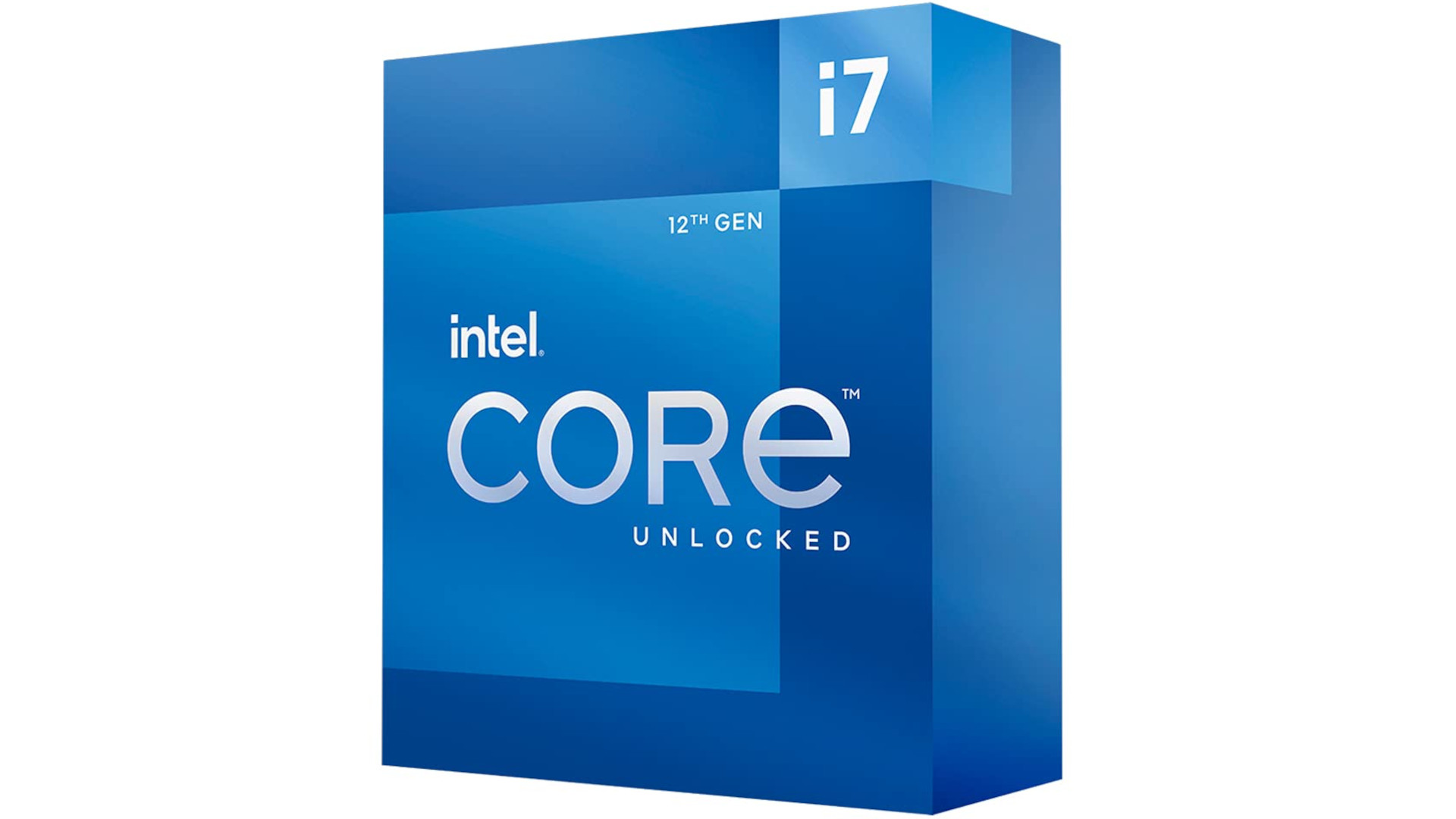The arrival of Alder Lake signaled the start of Intel’s brutal price war against AMD’s Ryzen 5000 chips, and the Core i7-12700K is the perfect example of Intel’s new bare-knuckle pricing strategy. At $409, the Intel Core i7 12700K easily outperforms the $390 Ryzen 7 5800X and even unseats the pricey $550 Ryzen 9 5900X, all while delivering essentially the same gaming performance as Intel’s own $589 flagship Core i9-12900K — but for $180 less.
Alder Lake also offers the greatest gains in overclocking performance seen in recent chip generations. As a result, we’ve added the Intel Core i7 12700K to our list of the best gaming CPUs. It’s also extremely competitive in applications, ensuring the top spot in our CPU Benchmark hierarchy.
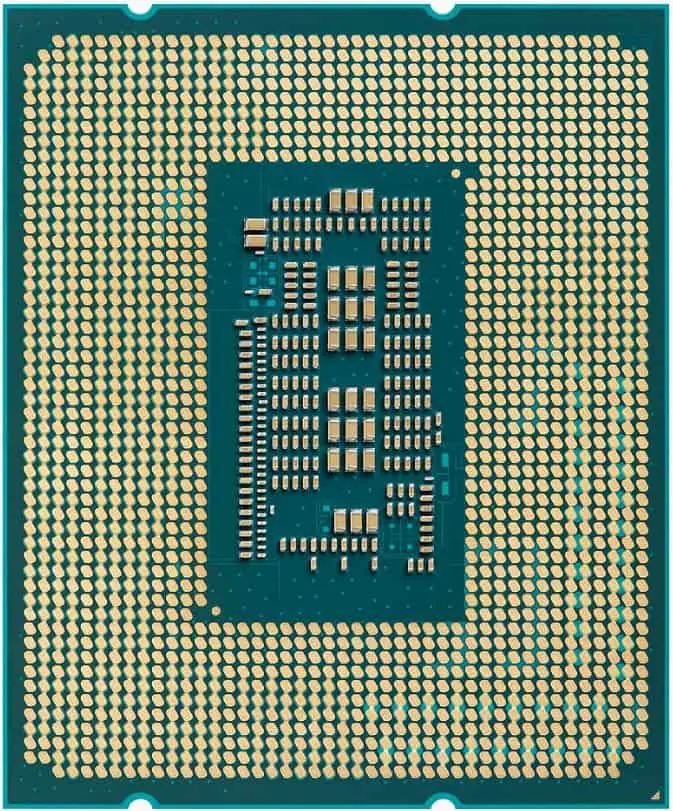
The Intel Core i7 12700K follows Intel’s other unexpected wins against much more expensive chips, such as the $589 Core i9-12900K vs $799 Ryzen 9 5950X and the $289 Core i5-12600K vs $390 Ryzen 7 5800X, demonstrating that Alder Lake truly punches above its pricing weight class.
Intel Core i7 12700K Specifications
If you’re new to the 12th Generation Alder Lake family, we recommend that you first read our Core i9-12900K review before diving into this Core i7 review. The 12th Generation Core architecture from Intel is a significant departure from its predecessors.
This is due in part to a number of platform changes, such as the switch to DDR5 RAM, but the most notable difference is the use of two distinct microarchitectures within the same processor: Performance Cores (P-Cores) and Efficiency Cores (EC) (E-Cores). We went over these new core types in detail in the Core i9 review, so we won’t go over them again here; instead, we’ll focus on what makes the Core i7-12700K stand out.
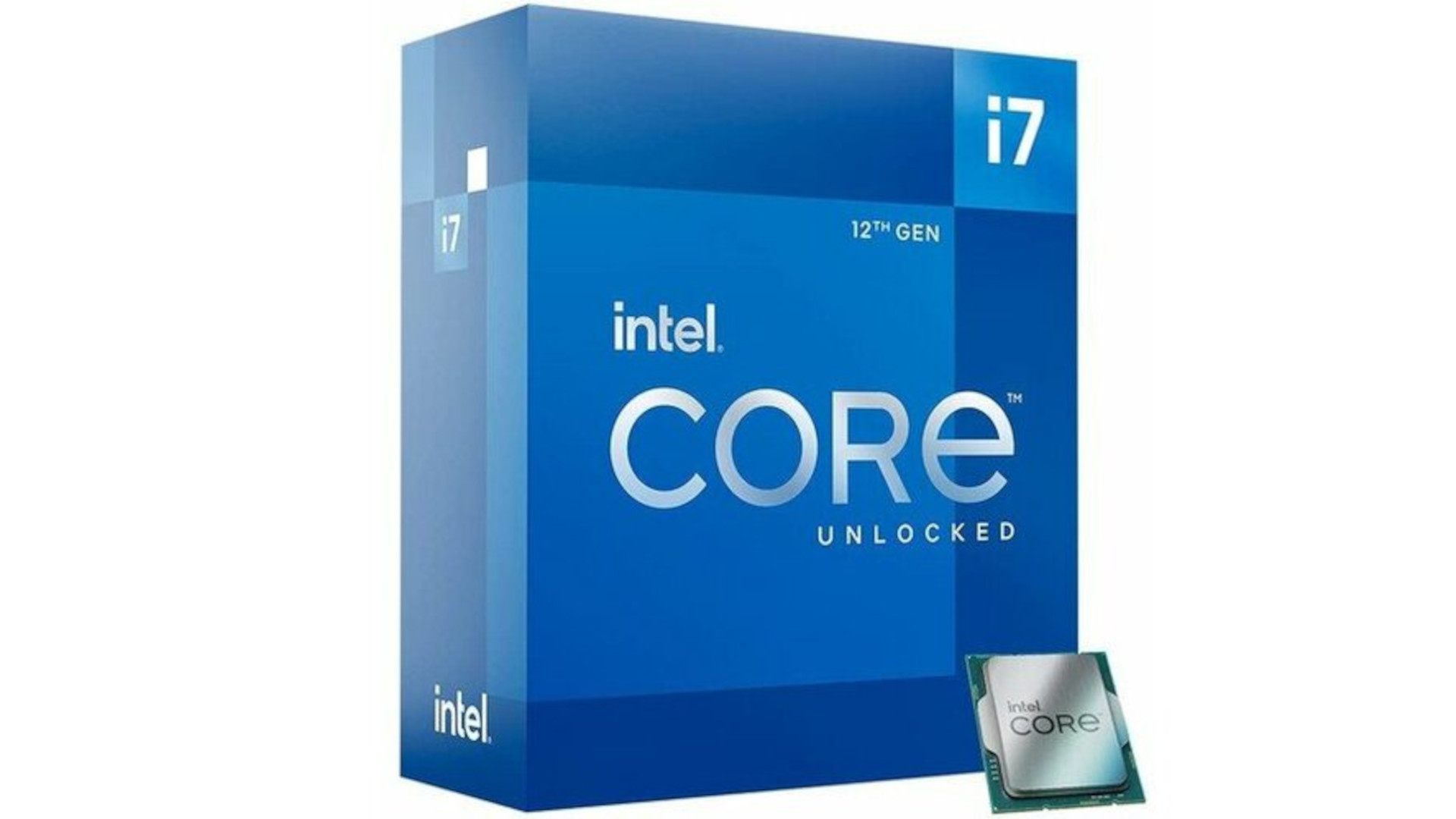
The Intel Core i7 12700K has a total of twelve CPU cores. The majority of the chip’s performance comes from eight Hyper-Threaded P-Cores based on Intel’s “Golden Cove” architecture. Golden Cove is the high-performance direct successor to the “Cypress Cove” architecture found inside 11th Generation Rocket Lake processors. These cores have a base clock of 3.6GHz, but they can reach speeds of up to 5.0GHz (in isolated cases under Turbo Boost Max 3.0) or 4.9GHz (under regular turbo boost) right out of the box.
The remaining four cores were built using Intel’s “Gracemont” architecture, a distant relative of Intel’s low-power Atom processors. As a result, the E-Cores were created with energy conservation in mind. They are significantly slower, with a base frequency of 2.7GHz and a maximum turbo frequency of 3.8GHz.
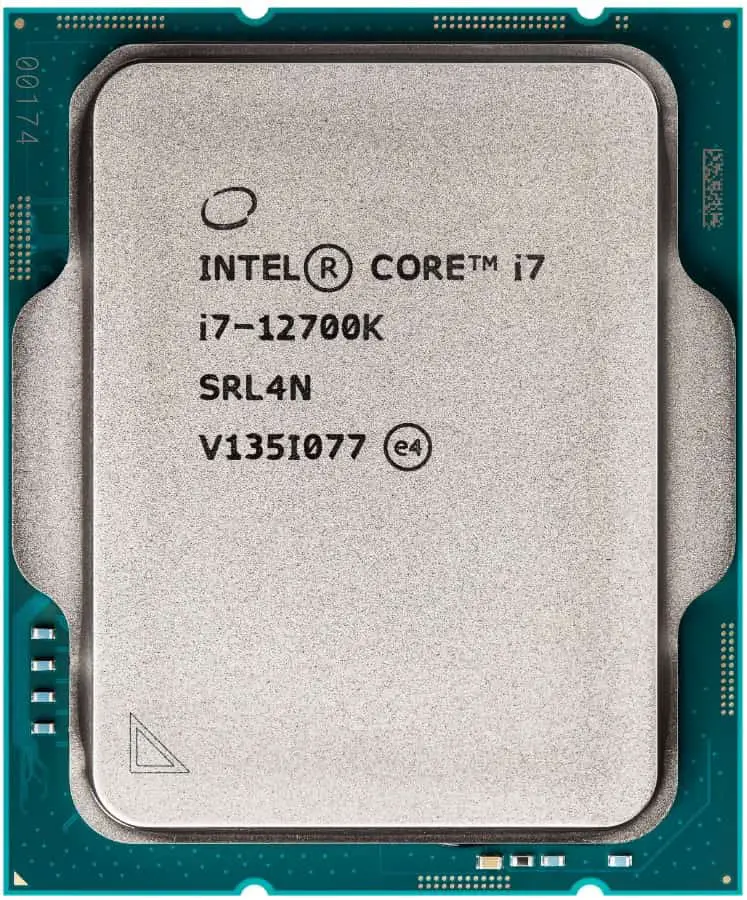
In addition to the cores, the processor includes 25MB of L3 cache for the cores to share. This model also includes Intel’s UHD Graphics 770 integrated graphics processor (IGP), which eliminates the need for a graphics card in a system unless you want to play games that aren’t several years old. The chip is rated by Intel to have a base power draw of 125 watts and a maximum turbo power draw of 190 watts.
The nearly identical Intel Core i7-12700KF(Opens in a new window) processor is identical in every way except for the lack of an IGP (or rather, likely has the IGP silicon permanently disabled). Its suggested retail price is $20 lower, and if you intend to buy (or already own) a suitable graphics card, this no-graphics variant may be worth considering.
Intel Core i7 12700K Essential information
| Product Collection | 12th Generation Intel® Core™ i7 Processors |
| Code Name | Products formerly Alder Lake |
| Vertical Segment | Desktop |
| Processor Number | i7-12700K |
| Status | Launched |
| Launch Date | Q4’21 |
| Lithography | Intel 7 |
| Recommended Customer Price | $450.00 – $460.00 |
| Use Conditions | PC/Client/Tablet |
Intel Core i7 12700K Specs
| Total Cores | 12 |
| # of Performance-cores | 8 |
| # of Efficient-cores | 4 |
| Total Threads | 20 |
| Max Turbo Frequency | 5.00 GHz |
| Intel® Turbo Boost Max Technology 3.0 Frequency | 5.00 GHz |
| Performance-core Max Turbo Frequency | 4.90 GHz |
| Efficient-core Max Turbo Frequency | 3.80 GHz |
| Performance-core Base Frequency | 3.60 GHz |
| Efficient-core Base Frequency | 2.70 GHz |
| Cache | 25 MB Intel® Smart Cache |
| Total L2 Cache | 12 MB |
| Processor Base Power | 125 W |
| Maximum Turbo Power | 190 W |
Intel Core i7 12700K Performance & Tests
So we begin with 7-Zip 32MB dictionary compression, where the Intel Core i7 12700K has a healthy 20.35% advantage over the i7-11700K.
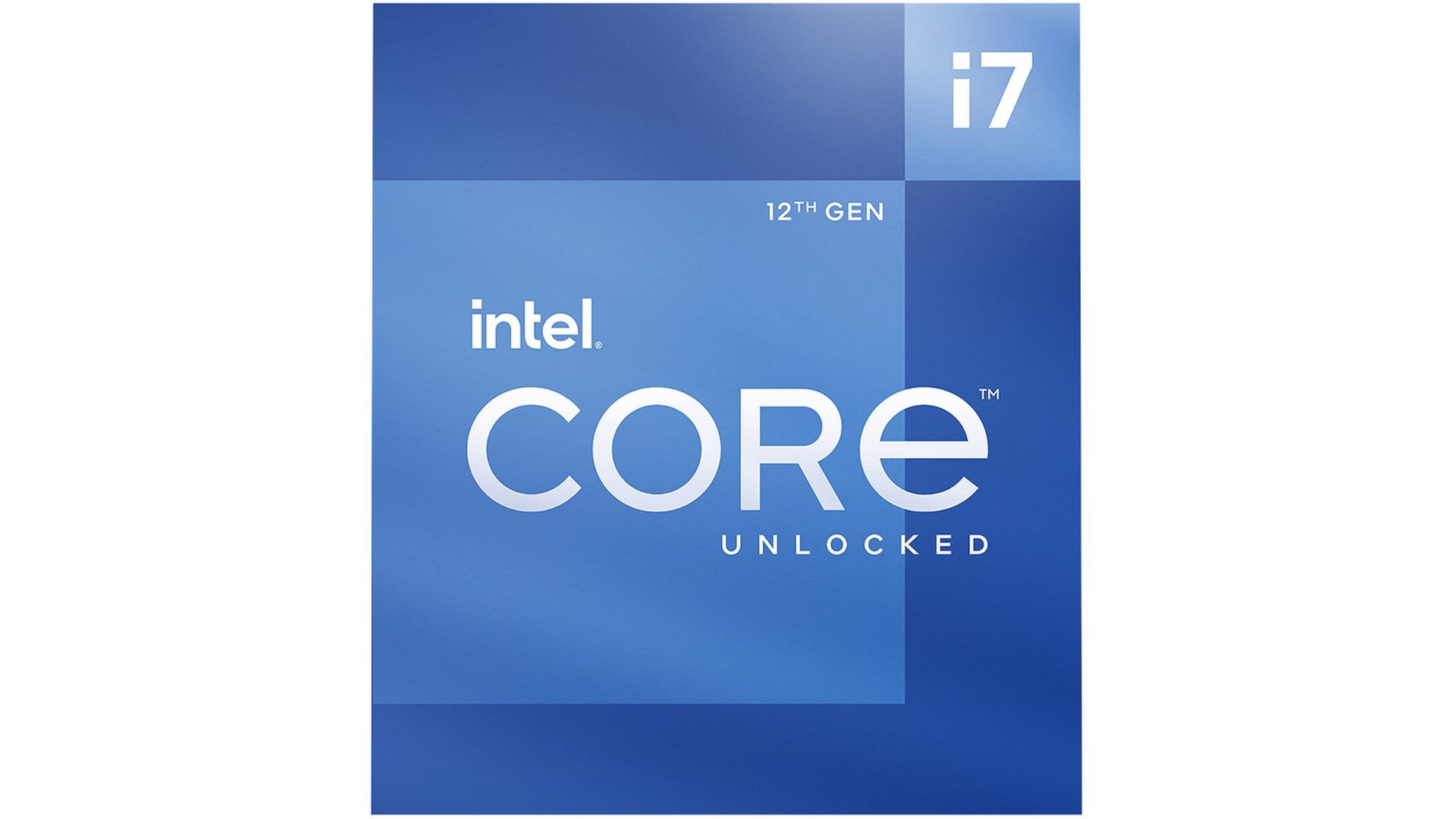
On the decompression benchmark, the performance gap widens. In this case, the Alder Lake achieves 119.401 GIPS (billion instructions per second), while the 11700K achieves 87.679 GIPS.
The 12th Gen CPU completed our Blender all-core bmw27 benchmark in 1 minute and 48 seconds, while the Core i7-11700K took 65 seconds longer. Similarly, in Classroom, the newer processor wins by a whopping 57.60%.
Not only does Alder Lake outperform in terms of performance, but it also outperforms in terms of power efficiency. While the 11th Gen CPU consumed approximately 218W during the render cycle, the Intel Core i7 12700K consumed approximately 17% less power at 186W.
In the Cinebench R23 single-core test, the Intel Core i7 12700K scored 1873, while the i7-11700K only scored 1544. Because Cinebench has a linear relationship with a processor’s core count (like Blender), multi-core results on Alder Lake are even more impressive.
More specifically, we’re seeing a 67% improvement on the 12th Gen CPU. Although Cinebench R23 isn’t a good indicator of a system’s long-term performance, we ran a 30-minute stress test to see how these processors handled power, temperature, and thermal throttling.
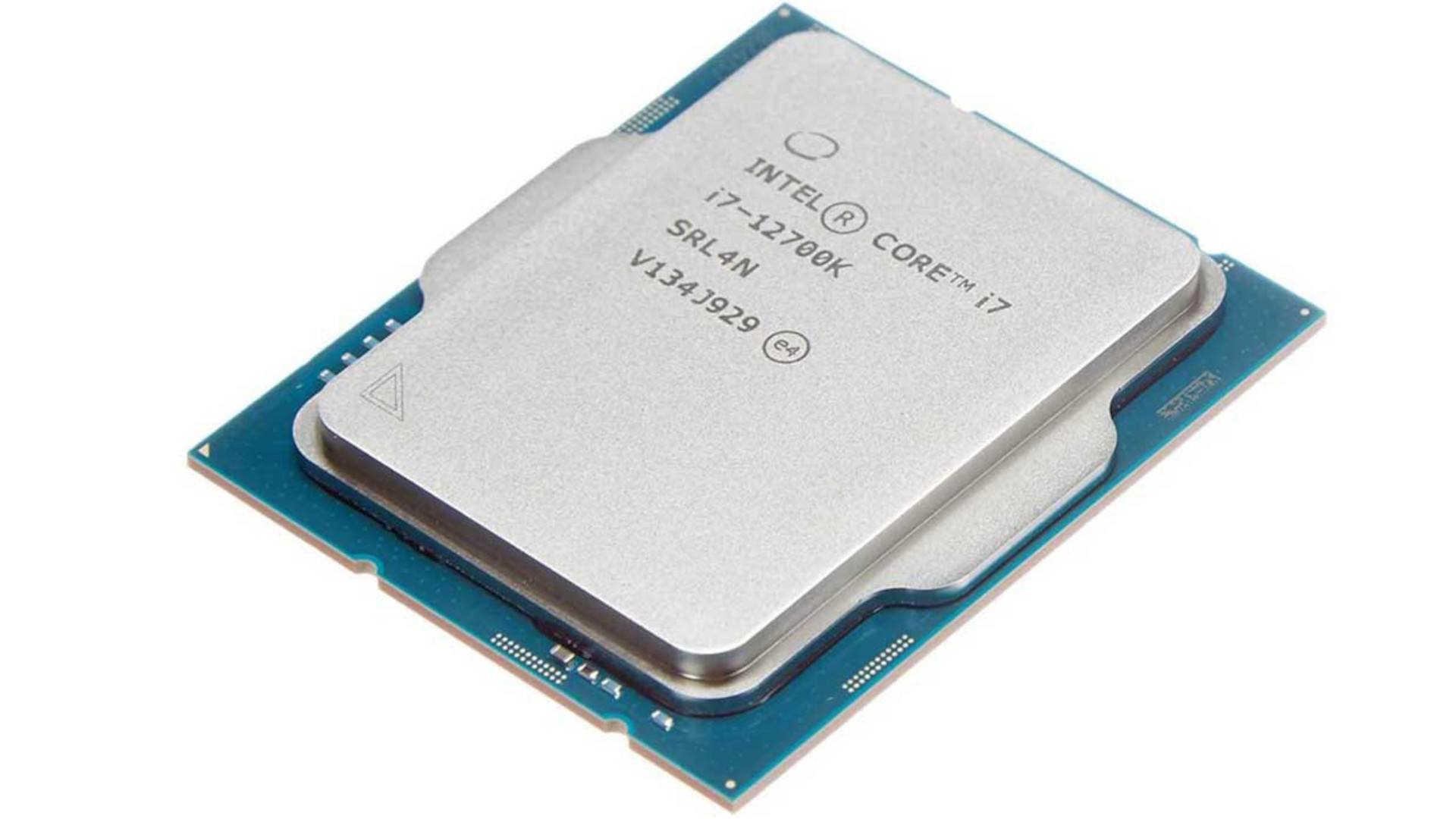
While neither CPU was taxed enough to cause thermal throttling, Alder Lake was once again the more power-efficient of the two—despite the fact that the maximum temperature in both CPU packages was around 93°C.
Intel Core i7 12700K Conclusion
To conclude this Intel Core i7 12700K review, it goes without saying that Team Blue is finally… finally back. I might add, quite handsomely! After spending the previous two generations of products in the doghouse, Alder Lake is a completely new chapter in the company’s history.
Intel has created a slew of innovations for this, including the hybrid core architecture, a new 10nm process, and all of the platform upgrades I mentioned earlier, such as DDR5 and PCIe 5.0 support. In both single and multi-threaded workloads, the i7-12700K outperforms the Core i7-11700K from last year.
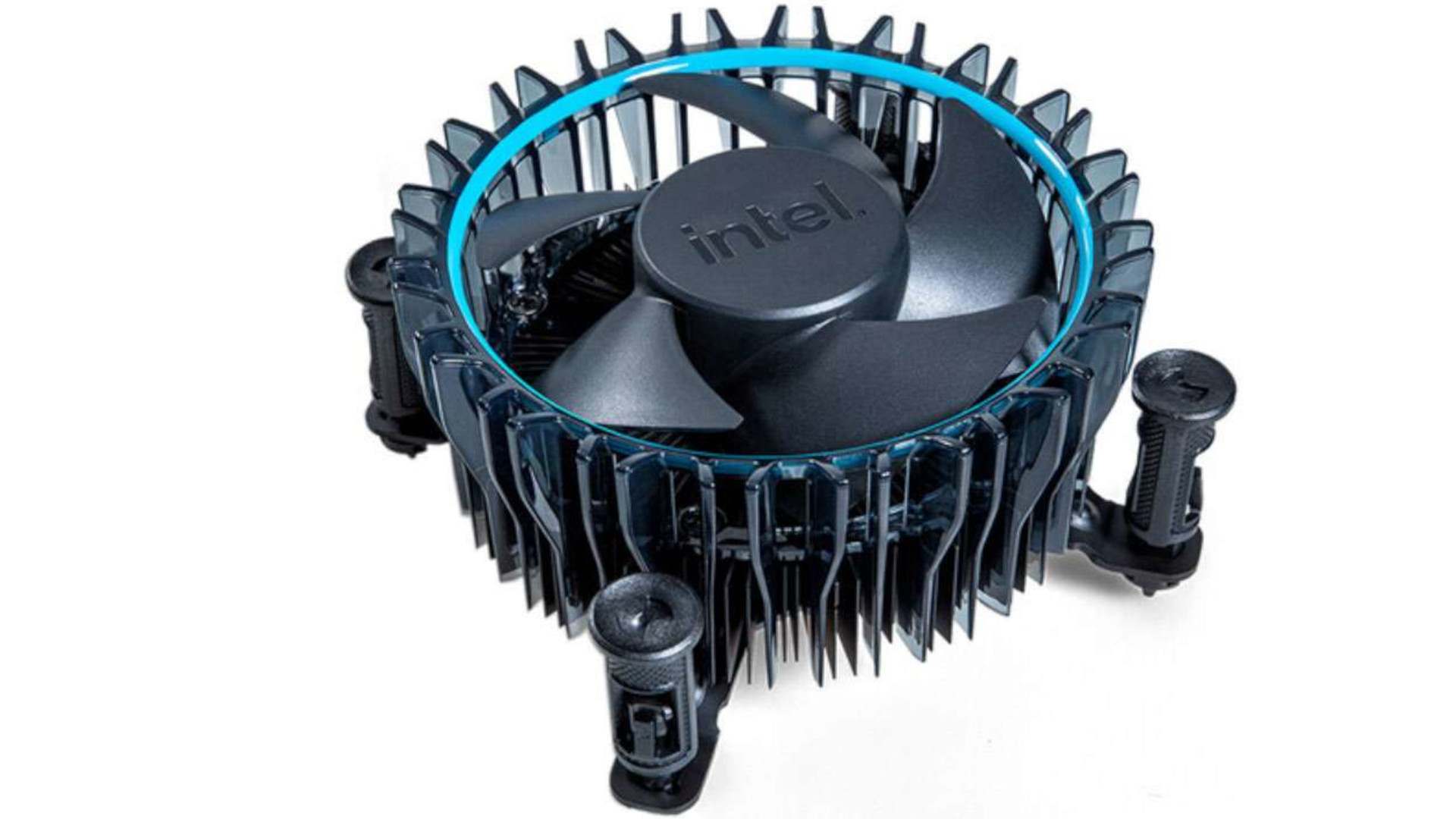
Multi-core performance is especially impressive, and those four E-cores pull a lot of weight. Despite finally leaving the 14nm node behind, Intel continues to struggle with power efficiency.
Is the Intel Core i7 12700K worth it?
With 16 cores and 24 threads, the Intel Core i7 12700K is a powerful processor for both gaming and work. It supports DDR4 and DDR5 memory and has a base rate of 3.4 GHz and a peak clock of 5.4 GHz. If your motherboard and cooling system are suitable, it can also be unlocked for overclocking.
Reviews claim that the AMD Ryzen 7 5800X is either surpassed or tied by the Intel Core i7 12700K, making it one of the best processors in its price category. Additionally, it is a major upgrade over the Core i7 12700K of the previous generation, which had fewer cores and slower clock speeds.
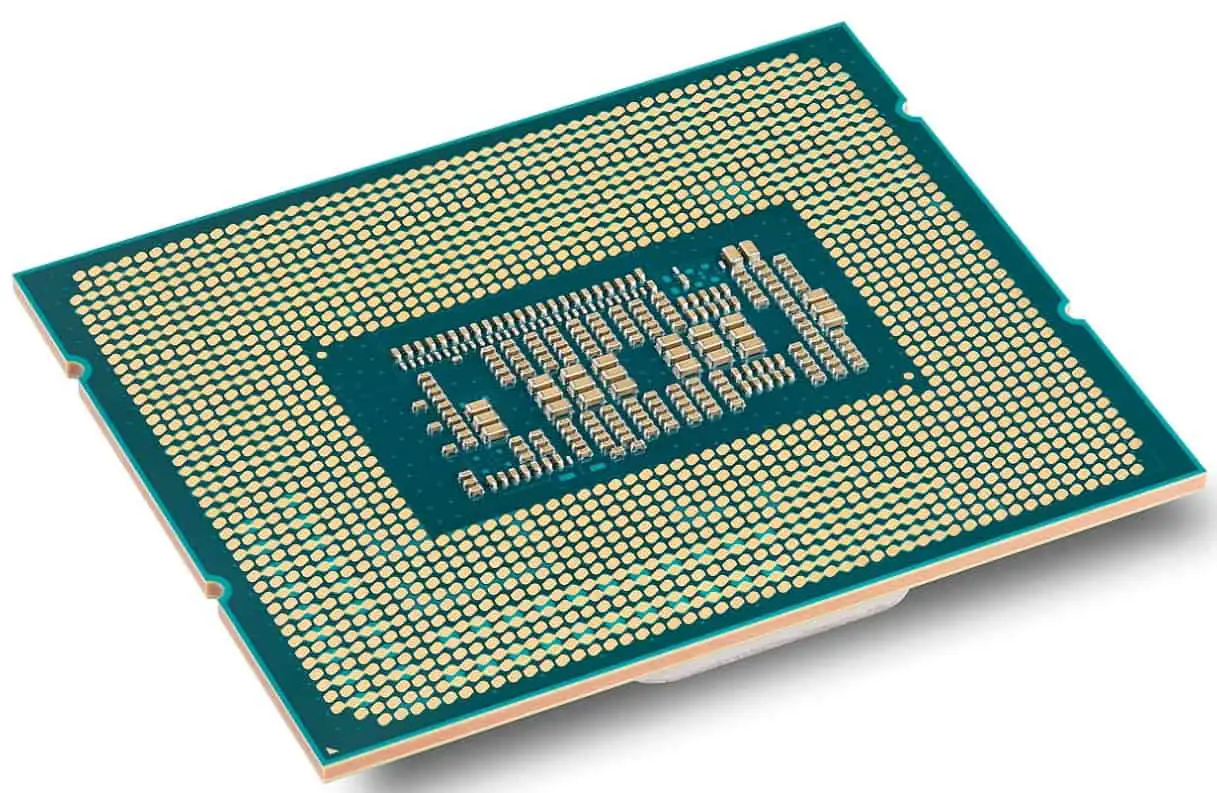
The Intel Core i7 12700K does, however, come with a few disadvantages, including increased heat output, higher power consumption, and a higher price than its predecessor. If you want to upgrade from an older Intel CPU, you will also need a new motherboard because it requires a new LGA 1700 socket.
The Intel Core i7 12700K value ultimately depends on your needs for performance, your budget, and your existing system. The Intel Core i7 12700K is a fantastic option if you’re searching for a powerful CPU that can easily handle the majority of games and programs and you don’t mind updating your motherboard and paying a little bit extra. However, you might want to wait for a price reduction or a better bargain if you have a limited budget or currently own a good processor that satisfies your needs.
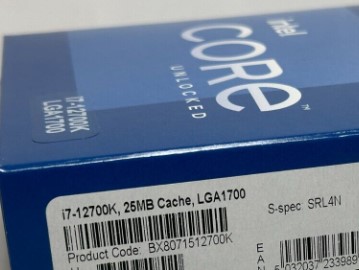
Is Intel Core i7 12700K good for gaming?
For gaming, the Intel Core i7 12700K is a great CPU because it performs well in most games at 1080p and 1440p resolutions. Reviews claim that in the majority of benchmarks, the AMD Ryzen 7 5800X, another well-liked gaming CPU, is beaten or tied by the Intel Core i7 12700K. In addition, compared to the Core i9 12900K of the previous generation, it features more cores, a faster clock, and a bigger cache.
The Intel Core i7 12700K does, however, come with a few disadvantages, including increased heat output, higher power consumption, and a higher price than its predecessor. If you want to upgrade from an older Intel CPU, you will also need a new motherboard because it requires a new LGA 1700 socket.
The Intel Core i7 12700 K’s suitability for gaming ultimately comes down to your needs in terms of performance, budget, and existing system. The Intel Core i7 12700K is a great option if you want a powerful CPU that can easily handle any game or application and you don’t mind updating your motherboard and paying a little bit extra. However, you might want to wait for a price reduction or a better bargain if you have a limited budget or currently own a good processor that satisfies your needs.
Can you overclock the Intel Core i7 12700K?
Since the Intel Core i7 12700K is an unlocked processor with manual frequency and voltage adjustments supported, the answer is definitely yes: you can overclock it. But in order to overclock, you’ll need a good cooling system, a suitable motherboard, and some technical know-how. In addition, overclocking can raise your system’s noise, heat production, and power consumption. If done improperly, it can also void your warranty or break your hardware.
You might be able to attain a steady overclock of 5.8 GHz or more on all P-Cores, which can greatly improve the performance of your games and applications, depending on your cooling system and CPU quality. Overclocking is not always possible and can vary from system to system, therefore you should always exercise caution and keep a close eye on your system.
Since the Intel Core i7 12700K is an unlocked processor, overclocking is possible. Overclocking is the process of increasing a CPU’s performance above and beyond its stock specs by modifying its clock rates and maybe other features.
It’s important to remember that overclocking can violate the warranty on your CPU and that managing increased heat output calls for a strong cooling solution. When overclocking, always exercise caution and knowledge, and know the limitations of your particular CPU and cooling system.
What temperature should an Intel Core i7 12700K run at?
A strong CPU that can operate at high temperatures under intense load is the Intel Core i7 12700K. The published specs state that the CPU’s maximum temperature (TJUNCTION) is 100°C. It is not necessary for the CPU to operate at this temperature all the time, though, as it might shorten its life and performance.
The cooling system, outside temperature, overclocking settings, workload, and other variables all affect the ideal temperature range for the Intel Core i7 12700K. Lower temperatures often help the CPU since they can avoid thermal throttling and increase stability. Less heat, noise, and money may also be needed for the cooling system at lower temperatures.
The Intel Core i7 12700K can operate at 60–70°C on average and 80–85°C at its highest while playing demanding games and utilizing a decent liquid cooling system. As long as the temperatures stay below the TJUNCTION limit, these are regarded as normal and safe for the CPU. But, if you wish to overclock the CPU, you could require additional voltage and a stronger cooling system, which might raise the temperature noticeably.
The optimal operating temperature of the Intel Core i7 12700K ultimately comes down to trade-offs and personal choice. Lower temperatures are ideal for maximizing CPU performance and lifespan, but you’ll have to put up with more noise and spend more money on the cooling system. You can withstand greater temperatures if you don’t mind modest performance and longevity, but take care not to harm the CPU or over the TJUNCTION limit.
How much power does the Intel Core i7 12700K draw?
With 16 cores and 24 threads, the Intel Core i7 12700K has a processor base power (PBP) of 125 W. Nevertheless, this figure does not accurately represent the CPU’s real power use over a range of workloads and overclocking configurations. The greatest power that the CPU can draw when increasing its frequency is known as the maximum turbo power, and it is 253 W. This is more than the Core i7 12700K from the previous generation, which had a 241 W maximum turbo power.
Intel Core i7 12700K
-
Performance - 96%96%
-
Price - 97%97%
-
Value - 97%97%

